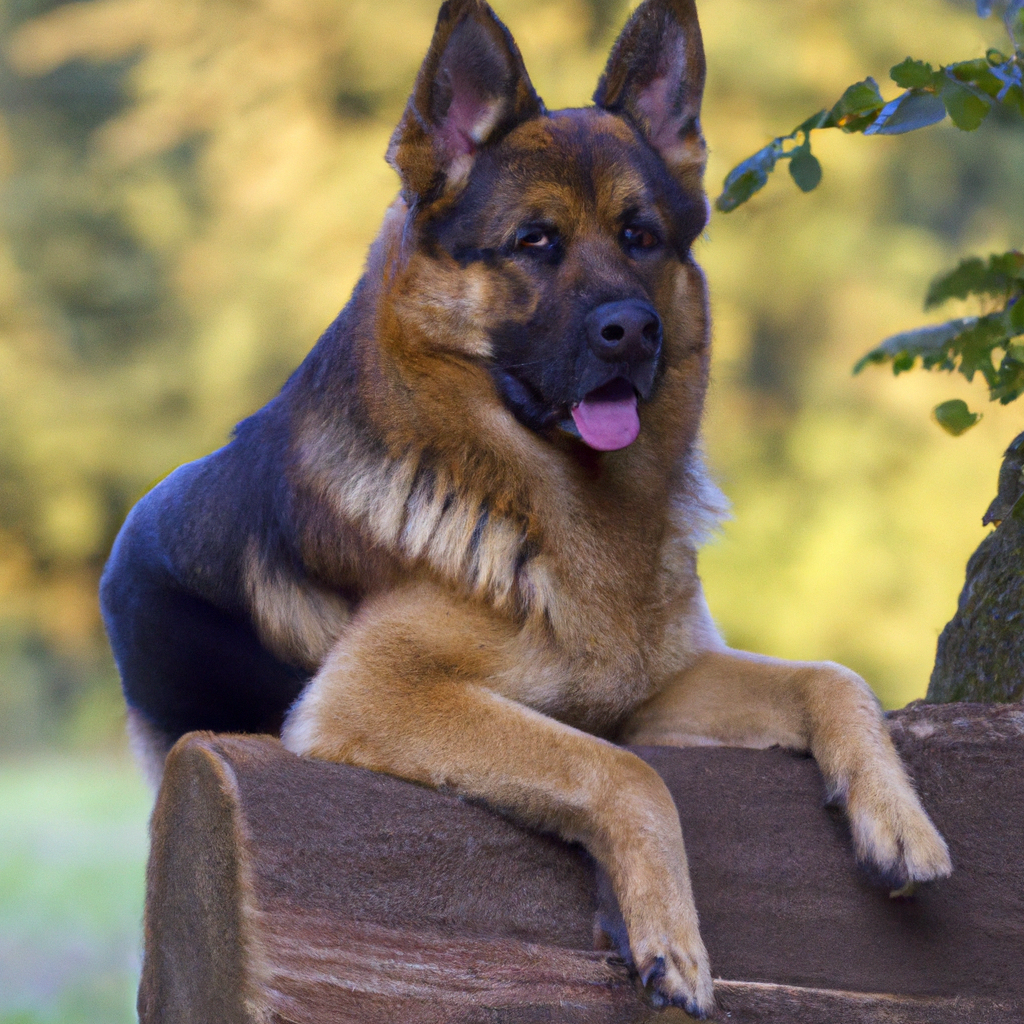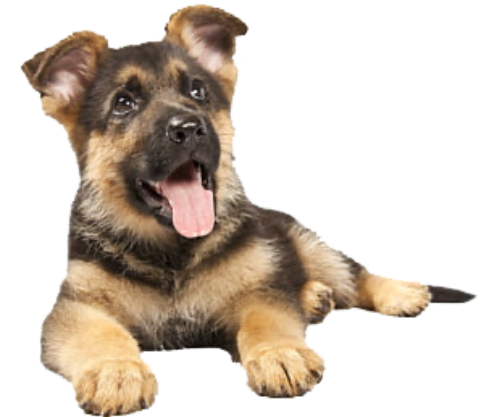Environment for German Shepherds

Do you have an affinity for German Shepherds? Do their striking looks and loyal nature make them the perfect addition to your family? As a responsible pet owner, it's essential to provide an environment that caters to your furry friend's needs. In this blog post, we'll explore everything from the ideal human companion for a German Shepherd to grooming tips, training techniques, breeders, and more. Whether you're already a proud owner or considering adopting one of these magnificent creatures, read on to learn how to create the ultimate environment for your German Shepherd.
German Shepherd's Ideal Human
German Shepherds Dogs are known for their loyalty, intelligence and protective nature. They make fantastic companions, but it's crucial to understand that these beautiful dogs require a lot of attention and care. German Shepherds thrive in environments with humans that can provide them with the necessary physical and mental stimulation they need to stay happy and healthy. The ideal human companion for a German Shepherds is someone who enjoys being active, loves spending time outdoors, and has plenty of time to devote to training and bonding activities. These dogs crave attention from their owners, so if you're not prepared to give them the love they deserve or spend enough time with them each day, then a German Shepherd may not be the best fit for you. German Shepherds also tend to be protective by nature; therefore, an ideal owner should have experience handling larger breeds or be willing to learn proper handling techniques through professional dog training courses. Additionally, they require consistent leadership as well as boundaries set out early on in life. In summary, an ideal human companion for a German Shepherd would be someone who is active lifestyle-oriented person that can provide plenty of physical and mental stimulation while possessing prior experience dealing with larger breed dogs or willingness towards professional training sessions.
Training for German Shepherds
Training a German Shepherd is essential to ensure that they become well-behaved and obedient pets. These dogs are intelligent, eager to please, and have a natural instinct to protect their owners. However, without proper training, they can become unruly and difficult to manage. Consistency is key when it comes to training your German Shepherd. They thrive on routine, so it's important to establish clear boundaries from the beginning. Positive reinforcement techniques work best with this breed as they respond well to praise and rewards. The first step in training your German Shepherd should be basic obedience commands such as sit, stay, come, and heel. Once these are mastered you can move onto more advanced skills like agility or search-and-rescue training. Socialization is also crucial for a well-trained German Shepherd. This means exposing them to different people, animals and environments at an early age which will help prevent aggression towards strangers or other dogs later in life. It's important not only focus on physical exercise but mental stimulation too! Engage your dog in interactive games like fetch or puzzle toys which will challenge their mind while providing plenty of exercise. Investing time into proper training for your German Shepherd will pay off ten-fold by creating a loving companion who knows how behave appropriately around others!
Grooming a German Shepherd
Grooming a German Shepherd is an essential part of their overall health and well-being. Due to their thick double coat, they require regular grooming to prevent matting and tangling. The best way to groom your German Shepherd is by using a slicker brush and comb. Start by brushing the fur on the neck, chest, back, sides and legs in sections. Be gentle when brushing around sensitive areas like the belly, ears and tail. Use a metal comb to check for any remaining tangles or mats that need attention. Bathing should only be done as needed since over-bathing can strip away natural oils from their skin causing dryness or irritation. When bathing your German Shepherd use dog-specific shampoos formulated for pets with sensitive skin. Trimming nails regularly is also important as long nails can cause discomfort or even lead to infections if left untreated. If you're unsure how to trim them properly consult with a professional groomer or veterinarian before attempting it yourself. By keeping up with regular grooming practices such as brushing, bathing and nail trimming you'll help keep your German Shepherd looking healthy while minimizing potential health issues down the road!
Health of German Shepherds
German Shepherds are generally healthy dogs, but like any breed, they can be prone to certain health issues. One of the most common concerns for German Shepherd owners is hip dysplasia. This condition occurs when the hip joint doesn't fit together properly, which can lead to arthritis and pain in the hips. Other health issues that German Shepherd Puppy may develop include elbow dysplasia, bloat (also known as gastric torsion), allergies, and skin problems such as hot spots. It's important to keep up with regular vet check-ups and screenings so that any potential health issues can be caught early on. Proper nutrition is also crucial for maintaining good health in German Shepherds. They require a balanced diet that includes high-quality protein sources and essential nutrients such as omega-3 fatty acids. Exercise is another key component of keeping your German Shepherd healthy. These active dogs need plenty of physical activity each day to prevent obesity and maintain muscle tone. By providing proper care including routine veterinary visits, good nutrition, exercise and lots of love and attention you will ensure a long healthy life for your furry friend!
History of the German Shepherd
German Shepherds are generally healthy dogs, but like any breed, they can be prone to certain health issues. One of the most common concerns for German Shepherd owners is hip dysplasia. This condition occurs when the hip joint doesn't fit together properly, which can lead to arthritis and pain in the hips. Other health issues that German Shepherds may develop include elbow dysplasia, bloat (also known as gastric torsion), allergies, and skin problems such as hot spots. It's important to keep up with regular vet check-ups and screenings so that any potential health issues can be caught early on. Proper nutrition is also crucial for maintaining good health in German Shepherds. They require a balanced diet that includes high-quality protein sources and essential nutrients such as omega-3 fatty acids. Exercise is another key component of keeping your German Shepherd healthy. These active dogs need plenty of physical activity each day to prevent obesity and maintain muscle tone. By providing proper care including routine veterinary visits, good nutrition, exercise and lots of love and attention you will ensure a long healthy life for your furry friend!
Contact
GET IN TOUCH WITH US
If you have any questions or need some more info, feel free to get in touch with us.

Contact
GET IN TOUCH WITH US
If you have any questions or need some more info, feel free to get in touch with us.
Vom Chimonis Haus
Central New Jersey
Arkansas
Phone 609-517-4418
We use cookies to make your experience of our websites better. By using and further navigating this website you accept this. Detailed information about the use of cookies on this website is available in
Terms & Conditions.
